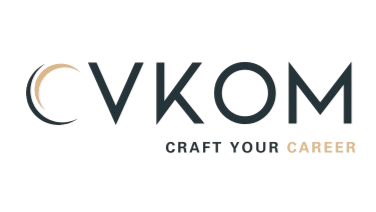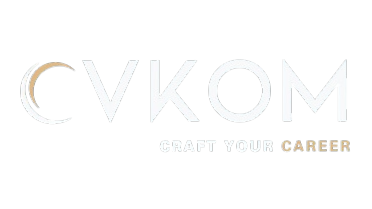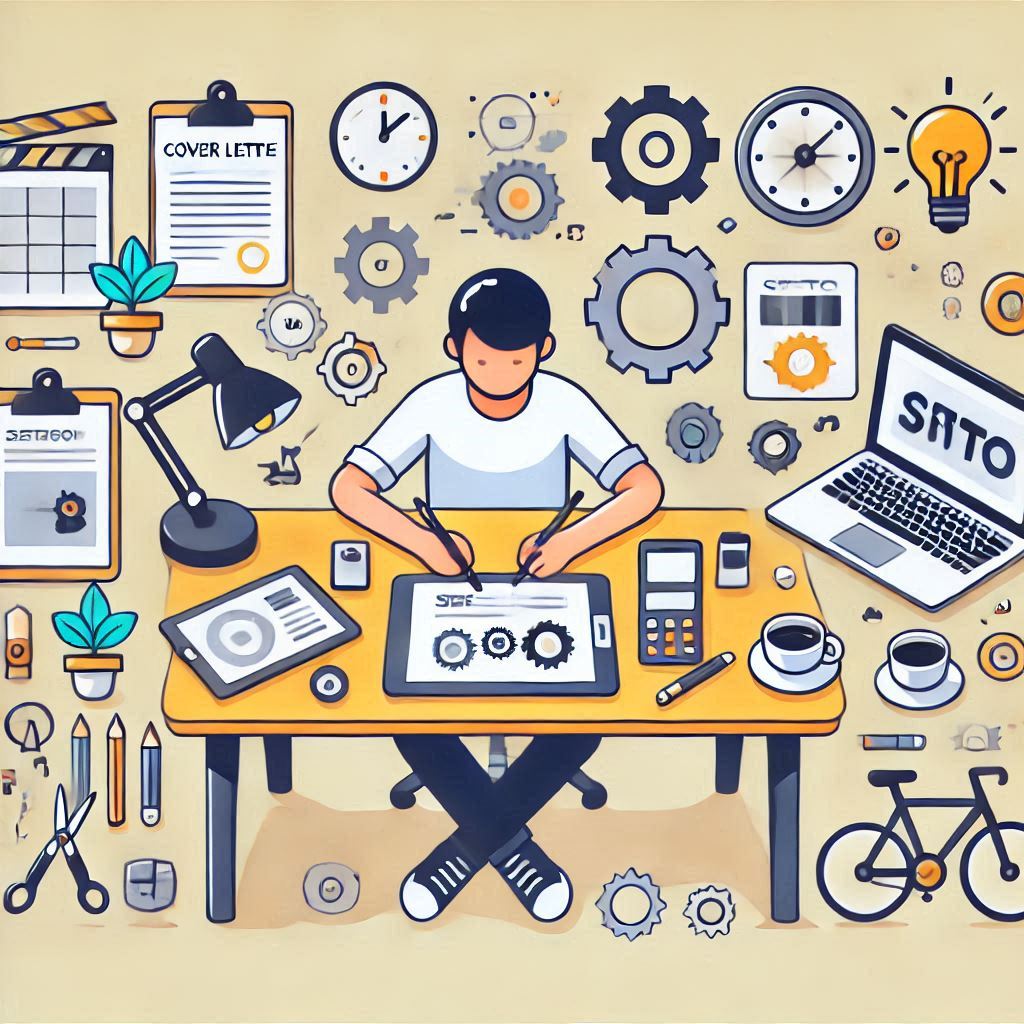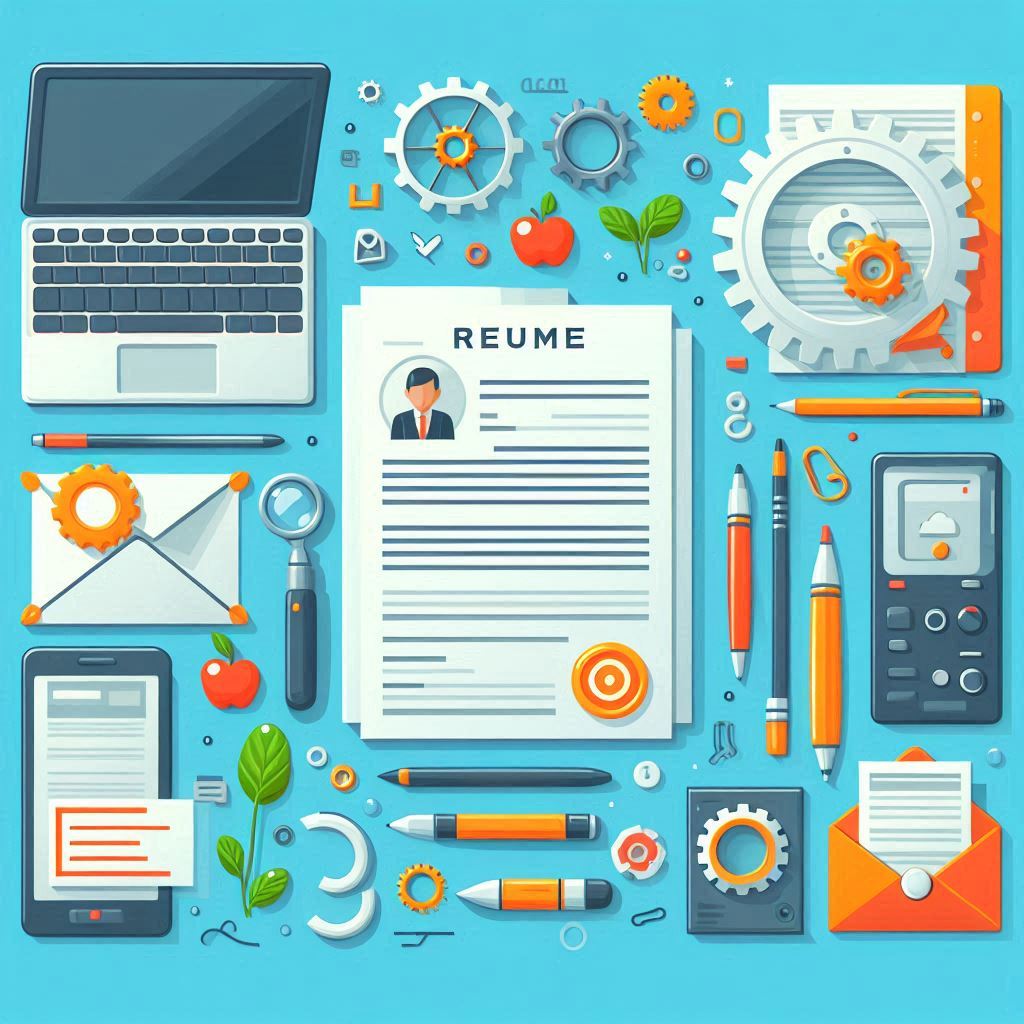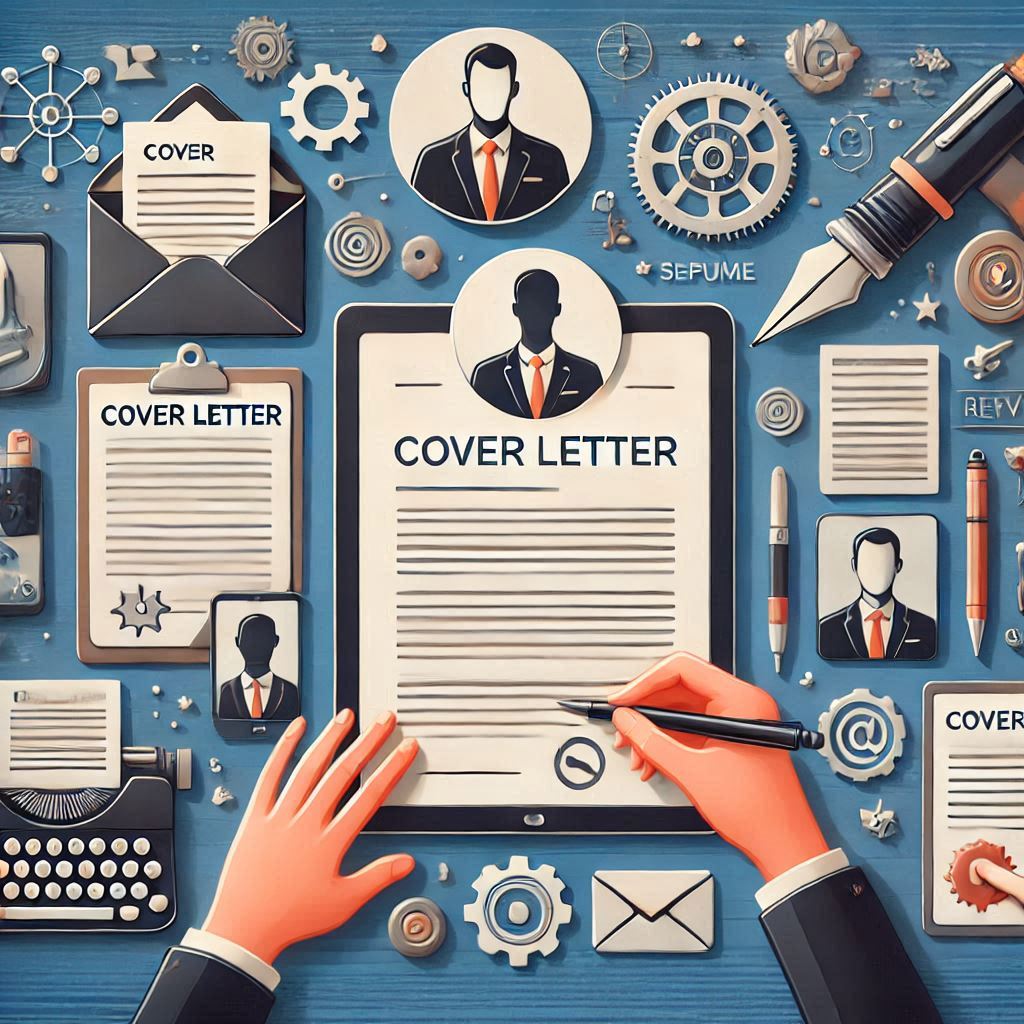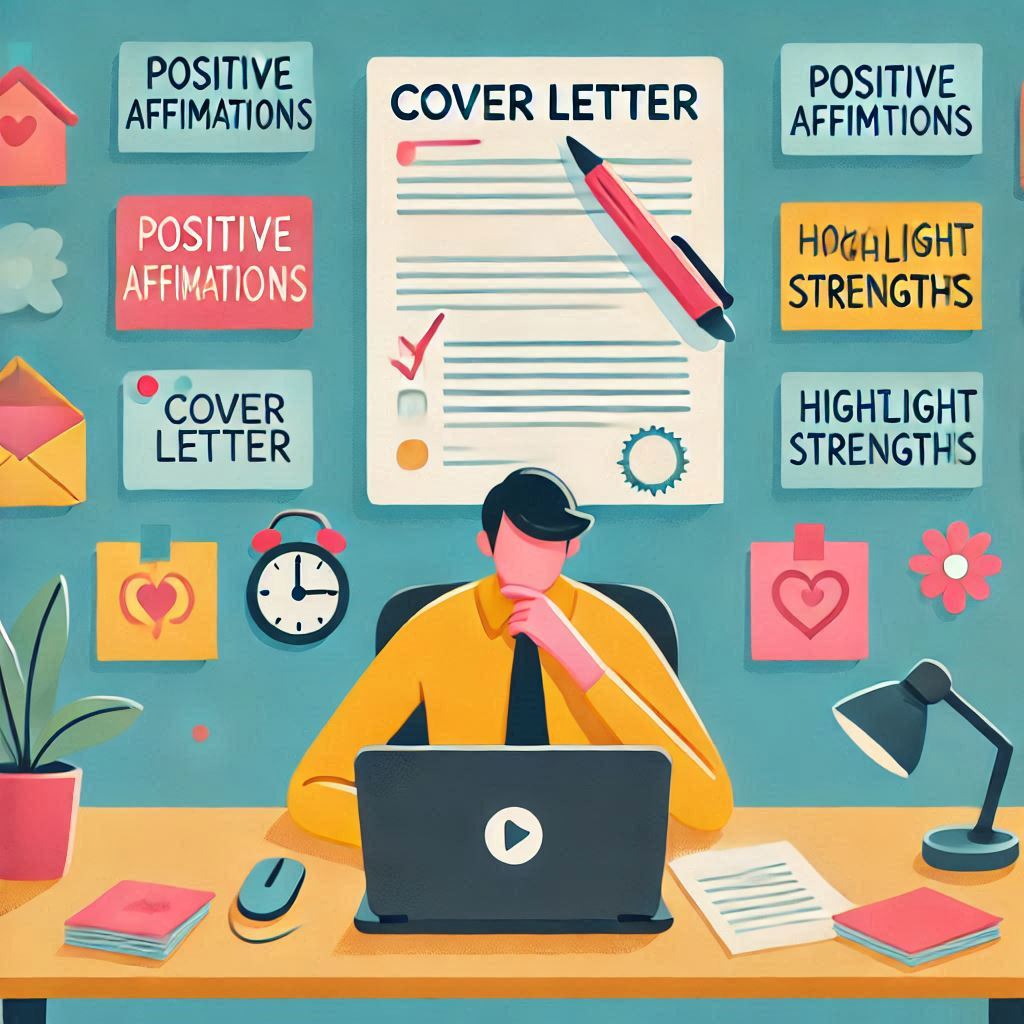Land Your Design Job: Craft a Creative Cover Letter
- Showcase Your Portfolio: Highlight your best work with a link to your online portfolio.
- Demonstrate Design Skills: Emphasize creativity, technical expertise, and problem-solving.
- Align with Company Style: Research their aesthetic and tailor your language accordingly.
How to
Write a Cover Letter for Design Jobs
A cover letter for a design job is
more than just a formal introduction to your resume—it’s an opportunity to
showcase your creativity, technical expertise, and understanding of the
company's aesthetic. Whether you're applying for a graphic design, UI/UX, or
product design role, a well-crafted cover letter can set you apart. At CVKOM,
we specialize in helping designers craft impactful cover letters that highlight
their skills and align with employers’ expectations. Here’s how to write a
standout cover letter for design jobs.
1.
Start with a Creative Introduction
Tips:
- Avoid generic phrases like "I am writing to apply
for…".
- Use an anecdote, bold statement, or insight into your
design philosophy.
Example:
"From transforming a simple sketch into a brand identity to crafting
digital experiences that captivate users, design has always been my language of
expression. That’s why I’m thrilled to apply for the Graphic Designer position
at [Company Name]."
2.
Research the Company’s Brand and Aesthetic
Tailor your cover letter to the
company by demonstrating your understanding of their brand, mission, and visual
style. This shows that you’ve done your homework and aligns you with their
creative vision.
Tips:
- Explore the company’s website, social media, and
portfolio to understand their style.
- Mention specific campaigns or designs they’ve created
that resonate with you.
Example:
"I’ve long admired [Company Name]’s ability to combine minimalist
aesthetics with impactful messaging, as seen in your recent [specific project
or campaign]. It’s a design approach I strongly identify with and strive to
emulate in my work."
3.
Highlight Relevant Design Skills
Emphasize your technical skills and software expertise relevant to the role, such as proficiency in Adobe Creative
Suite, Figma, or 3D modeling tools. Mention any certifications or courses that
strengthen your qualifications.
Skills to Highlight:
- Graphic design: Adobe Illustrator, Photoshop, InDesign.
- UI/UX design: Figma, Sketch, Adobe XD, prototyping.
- Motion graphics: After Effects, Blender, Cinema 4D.
- Front-end coding: HTML, CSS, JavaScript (if
applicable).
Example:
"With extensive experience in Adobe Creative Suite and Figma, I’ve
designed intuitive interfaces and brand identities that deliver seamless user
experiences. My technical proficiency is matched by a commitment to creative
storytelling that connects with audiences."
4.
Showcase Your Achievements
Provide quantifiable examples of
your design impact. Highlight how your work has helped businesses achieve their
goals, such as increasing engagement, driving conversions, or building brand
recognition.
Tips:
- Use metrics to demonstrate success (e.g.,
"increased user engagement by 40%").
- Share specific project outcomes.
Example:
"In my previous role, I redesigned the company’s e-commerce website,
which led to a 30% increase in conversions within three months. By focusing on
user-centric design principles, I was able to create an experience that
resonated with customers."
5.
Explain Your Design Philosophy
Employers value designers who have aclear vision and approach to their work. Briefly explain your design philosophy
and how it aligns with the company’s mission.
Tips:
- Focus on how you balance creativity and functionality.
- Mention how you address user needs in your designs.
Example:
"I believe that great design is where functionality meets creativity.
My approach involves understanding the user’s journey and translating it into
visual narratives that are both intuitive and aesthetically pleasing."
6.
Include Links to Your Portfolio
Your portfolio is a critical part of
your application for design roles. Include a link to your online portfolio to
provide hiring managers with a deeper insight into your style and capabilities.
Tips:
- Ensure your portfolio showcases a variety of projects
relevant to the role.
- Include a brief mention of your favorite projects in
the letter.
Example:
"I invite you to explore my portfolio at [portfolio link], which
includes branding projects, UI/UX designs, and motion graphics that reflect my
dedication to innovative storytelling."
7.
Demonstrate Collaboration and Problem-Solving Skills
Designers often work in teams or
with clients to solve creative challenges. Highlight examples where you
collaborated effectively or found creative solutions to problems.
Example:
"Collaborating with a cross-functional team of developers and
marketers, I successfully launched a product landing page that exceeded traffic
goals by 25%. My ability to communicate design concepts and adapt to feedback
ensured a seamless development process."
8.
End with Enthusiasm and Confidence
Conclude your cover letter by reiterating your excitement for the role and expressing your interest in
discussing how your skills align with the company’s needs.
Example:
"Thank you for considering my application. I am excited about the
opportunity to contribute my design expertise to [Company Name] and look
forward to the chance to discuss how I can bring value to your team."
Common
Mistakes to Avoid
- Ignoring the Company’s Aesthetic: Tailor your language and examples to align with their
style.
- Being Too Generic:
Avoid vague phrases like “I am a creative designer” without backing them
up with examples.
- Skipping the Portfolio Link: Always include a link to your online portfolio.
- Overloading with Technical Jargon: Balance showcasing technical skills with describing
your creative approach.
Example
of a Cover Letter for a Design Job
Dear [Hiring Manager's Name],
Design is not just what I do—it’s
how I connect with the world. With a passion for crafting visually stunning and
functional designs, I am thrilled to apply for the UI/UX Designer role at
[Company Name].
In my previous role at [Previous
Company], I redesigned the onboarding flow for a mobile app, reducing user
drop-off rates by 40%. This was achieved by leveraging Figma for prototyping
and conducting A/B testing to refine the user journey. Your emphasis on
creating seamless user experiences aligns perfectly with my design philosophy:
that every interaction should feel intuitive and engaging.
I have long admired [Company Name]’s
innovative projects, particularly [specific campaign or project]. Inspired by
your commitment to combining cutting-edge technology with creativity, I am
eager to bring my skills in UI/UX design and storytelling to your team.
My portfolio, available at
[portfolio link], showcases a range of projects, including responsive web
designs, app interfaces, and branding campaigns that reflect my dedication to
impactful design.
Thank you for considering my
application. I look forward to the opportunity to discuss how my expertise can
contribute to [Company Name]’s creative vision.
Sincerely,
[Your Name]
How
CVKOM Helps You Craft Winning Design Cover Letters
At CVKOM, we offer resources
to help designers create outstanding cover letters:
- Creative Templates:
Professionally designed templates tailored for creative industries.
- AI-Powered Suggestions: Get personalized recommendations for showcasing your
design skills.
- Portfolio Integration: Ensure your cover letter seamlessly integrates links
to your work.
Conclusion
Writing a cover letter for design
jobs requires a blend of creativity, technical expertise, and alignment with
the company’s aesthetic. By tailoring your letter, showcasing achievements, and
including your portfolio, you can create a strong impression. At CVKOM,
we’re here to help you craft compelling cover letters that elevate your
application. Start creating your design cover letter today!
